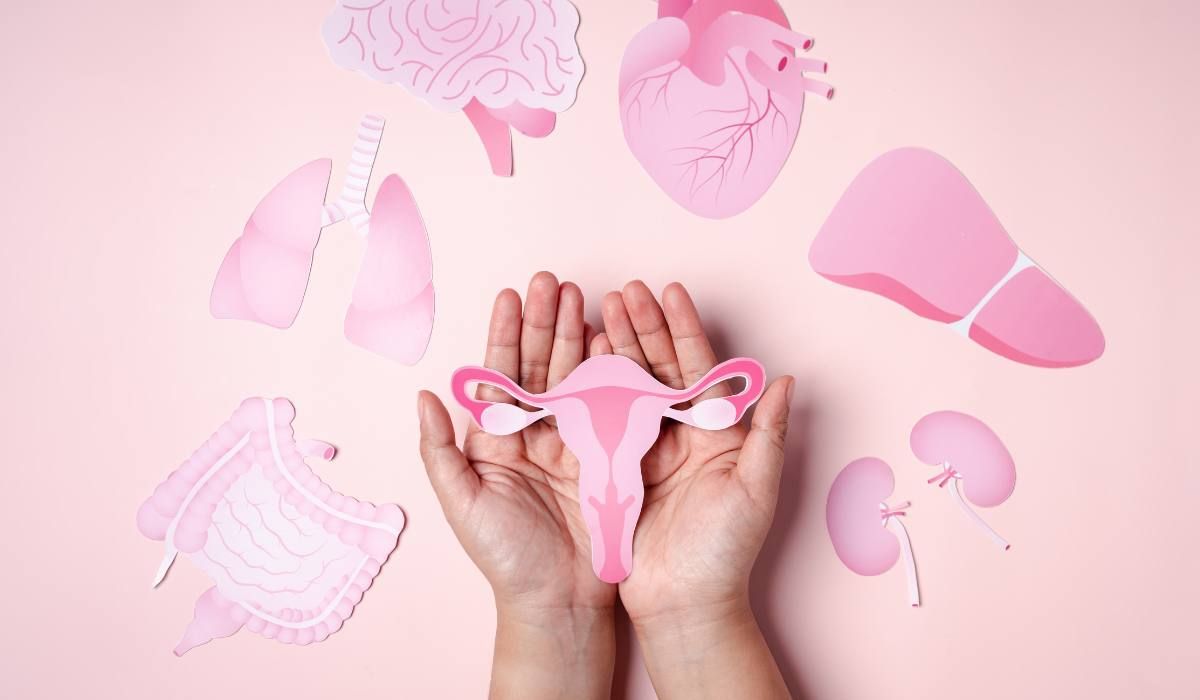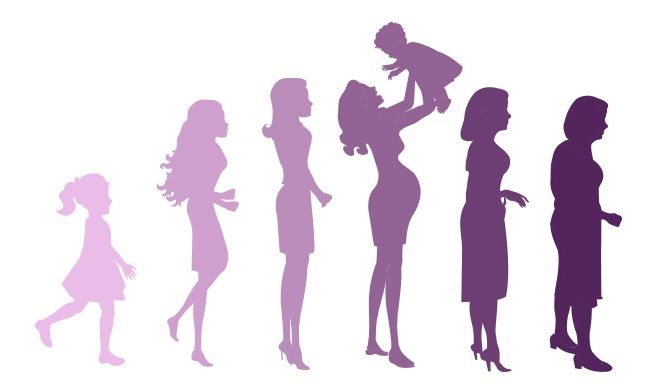

Imagine a world where every woman’s health story isn’t brushed aside or squeezed into a generic mold. Where care evolves, adapts, and actually listens at every milestone—from the very first questions about puberty to the sometimes-overlooked chapters of menopause and aging. Here’s the truth: women’s health is so much more than a checklist at the doctor’s office. It’s a powerful, unpredictable, beautifully complex journey.
Every stage of a woman’s life bursts with possibility—and yes, sometimes with real, raw challenges. But that’s what makes this conversation urgent and empowering. It’s time to smash the silence, banish the stigma, and shine a light on what women actually need as they move from girlhood to wisdom. Because when women are given knowledge, choice, and respect? They don’t just survive—they lead, they innovate, they thrive.
Let’s ditch the myths and get real about what matters most in women’s health. Ready to dive in? Let’s go.
Let’s start at square one. The earliest years aren’t just about “growing up”—they set the tone for everything that follows. For girls, the ride through adolescence is turbocharged: hormones surge, emotions fluctuate, bodies change overnight, and suddenly there are new questions at every turn.
What really matters?
The essentials:
“Adolescence is a turning point. The right support now can set the stage for lifelong confidence and strength.”
In the 20s and 30s, life gets busy—and so do the demands on women’s health. These are the years of chasing dreams, building careers, exploring relationships, or maybe starting a family. But along with excitement comes complexity.
The realities:
What makes the difference?
Welcome to the 40s and 50s, where women are often juggling kids, careers, aging parents—and the first signs of big hormonal changes. It’s a whirlwind, and sometimes it feels like everyone else comes first.
Watch for:
Prevention is power:
“This isn’t the end of the story. It’s a chance to redefine power, purpose, and health on your own terms.”
After menopause, the story doesn’t fade—it evolves. These years are about holding onto independence, protecting health, and embracing what comes next.
Key concerns:
Stay strong:
Here’s the thing: mental health isn’t a side issue—it’s woven through every stage of a woman’s life. Anxiety, depression, trauma—these don’t wait for the “right” age, and they certainly don’t care about stigma.
What actually helps?
If you’re struggling, reach out. You’re never alone.
No two women’s health journeys are identical. Culture, race, income, gender identity, sexual orientation—these shape real experiences, real risks, and real outcomes.
Why it matters:
Women’s health can’t wait—and it can’t be “one size fits all.” It’s time to take action:
Let’s rewrite the script. Women’s health is a lifelong journey, and the best chapters are still being written.
Q: When should girls see a gynecologist for the first time?
A: Usually between ages 13-15, or sooner if there are specific health concerns.
Q: Are menopause symptoms treatable?
A: Absolutely! Lifestyle changes, medical therapies, and support groups can help manage symptoms—just ask your provider.
Q: How can I find mental health support that gets me?
A: Check local women’s centers, online directories like Mental Health America, or ask for a referral from a trusted provider.